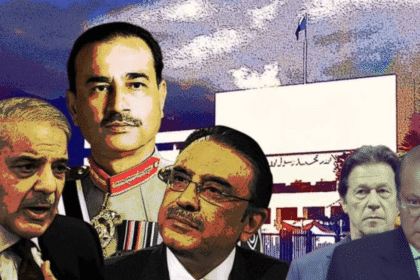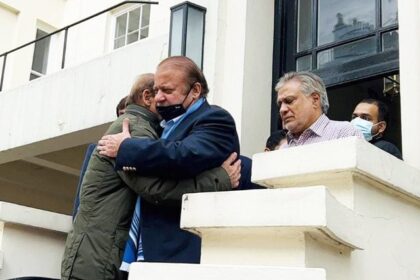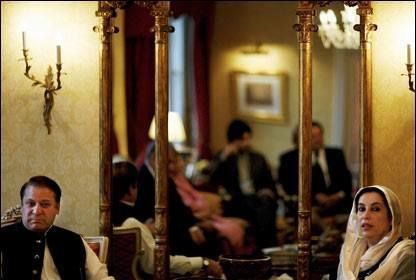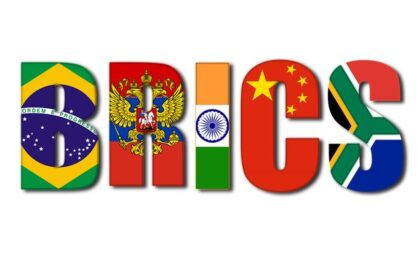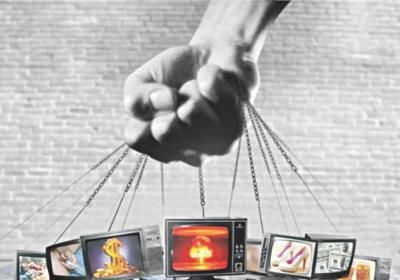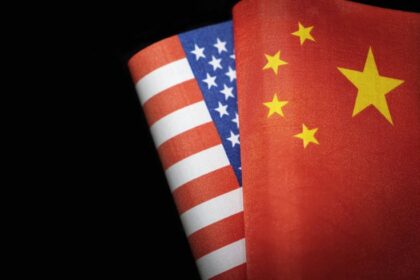Zohran Mamdani’s primary victory in New York City has emerged as a defining political moment. New York, as the cultural and economic heartbeat of one of the most influential states in the U.S., rarely witnesses a candidacy that so sharply disrupts traditional expectations.
To begin with, it’s important to understand who Zohran Mamdani is. He migrated to the United States at the age of seven with his parents—his father, a Ugandan-American, teaches at Columbia University, and his mother, an Indian-American, is a renowned figure in the American film industry. Their work roots them deeply in civic life, contributing to the academic and cultural sectors of the country. Before his political ascent, Mamdani’s history as a rapper was heavily spotlighted throughout his campaign, often weaponised by opponents as a mark against his seriousness. Yet that very background—artistic, immigrant, unconventional—has come to embody the mosaic that New York claims to be.
Mamdani’s platform speaks to that mosaic. His vision of a “Trump-proof” New York aims to enhance the city’s sanctuary status, remove ICE influence, expand migrant legal aid, defend LGBTQ+ rights, and protect reproductive healthcare. On the economic front, he proposes increasing the corporate tax rate from 7.25% to 11.5% and implementing a 2% income tax on residents earning over $1 million annually. That revenue, in turn, would fund policies like freezing rent for all rent-stabilised apartments, constructing 200,000 affordable homes, establishing city-owned grocery stores that prioritise affordability over profit, and making bus transit free. His social agenda includes free childcare for children under five, higher wages for childcare workers, and “baby baskets” for new parents—clear markers of a platform built for working-class realities, not political theatrics.
But despite the substantive proposals that aim to make the city more liveable, Mamdani’s primary victory triggered a flurry of backlash across the political spectrum. Figures like Donald Trump and Charlie Kirk responded with pointed rhetoric that blurred the line between political critique and personal vilification. Trump called him a “100% communist lunatic”, mocked his appearance and intelligence, and derided his support system as “AOC plus three dummies”. These aren’t policy arguments—they are attacks on the legitimacy of someone whose platform won the support of voters in a free and fair election. His opponent, Andrew Cuomo, lost in a close and competitive race, and yet Mamdani’s win has been met not with scrutiny of his policies but of who he is.
Charlie Kirk’s response was even more pointed. “24 years ago, a group of Muslims killed 2,753 people on 9/11,” he wrote on Twitter, “and now a Muslim socialist is on track to run New York City.” The implication was chilling. By drawing a direct link between Mamdani’s faith and the trauma of a national tragedy, Kirk revived one of the most dangerous tactics in American political playbooks: to turn identity into a threat. Trump’s language, again calling Mamdani a communist and aligning him with progressive figures, leaned on the same logic. These comments didn’t challenge Mamdani’s policies—they sought to disqualify his very presence.
Yet Mamdani’s presence is no accident. New York City is home to over 750,000 Muslims—nearly 9% of the population—and holds the largest municipal Muslim community in the United States. His candidacy, therefore, isn’t an outlier. It is a mirror, reflecting the city’s makeup and its shifting consciousness. His win speaks not to radical disruption, but to representation—to the working class, the immigrants, the renters, the small business owners, and those targeted by ICE and unjust policing. That is what makes the backlash feel so sharp. Because when a candidate rises from and for the people and still finds his identity twisted into a danger, one has to ask: what does it take to be accepted as a rightful representative in a democracy? Mamdani’s campaign often spotlights small business owners and under-represented communities. He has never claimed to speak only for Muslims. He speaks for the voiceless in all forms. And yet, his religion is what becomes the conversation.
This poses a question, clearly a threat, to the inclusive ideologies that the West promotes? And what does that leave the political landscape of one of the most prominent economies to represent when criticism isn’t constructive but rooted in identities—identities that make up the demographic of the cities, one might add?
In the end, whether one agrees with his proposals or not, his victory forces a reckoning with what representation truly means. Is democracy still democracy when identity alone can discredit a candidate? Can inclusion flourish when freedom of speech is used to weaponise difference? We can only hope. We can only hope that in choosing those who reflect our realities, we are not punished for daring to be seen.








